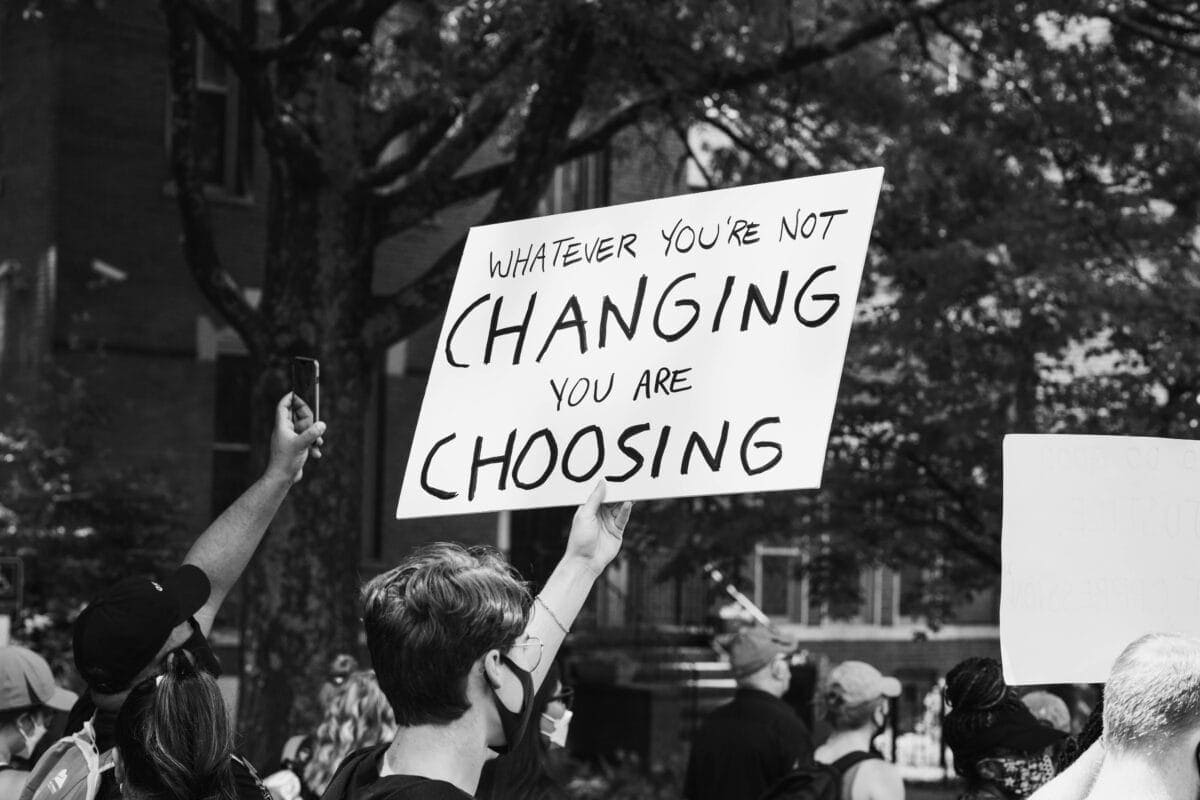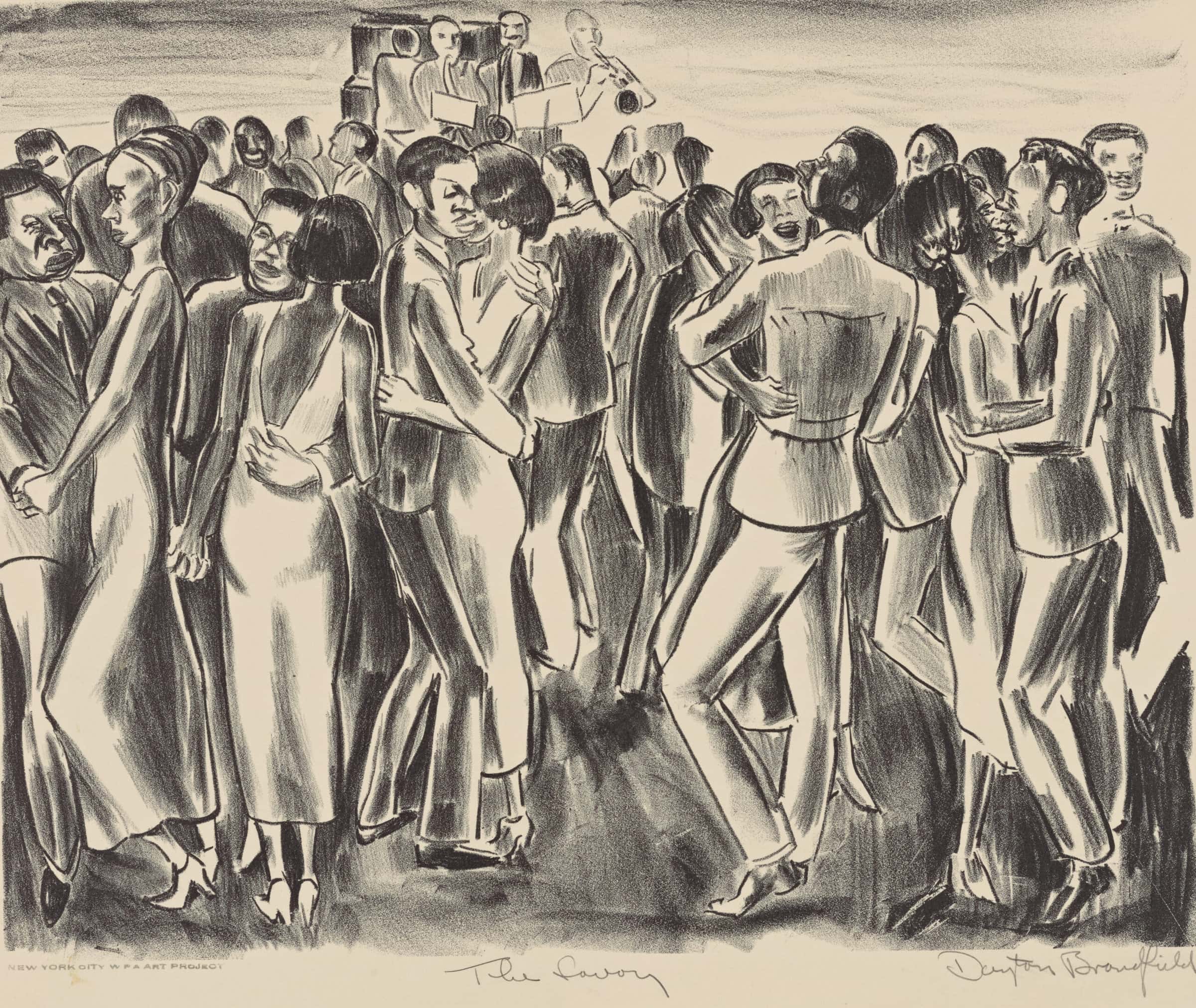“I want to make sure the NAACP is heard wherever race is discussed in the country, whether in the White House or in neighborhood stores,” said historian Julian Bond following his election as chair of the National Association for the Advancement of Colored People on February 21, 1998. Bond, a specialist on the history of the southern United States, professor of history at the University of Virginia, and scholar at American University, succeeds Myrlie Evers-Williams, widow of slain civil rights leader Medgar Evers, as chair.
As a historian, Bond has a professional interest in the long struggle by people of color to achieve equality. He has also actively participated in the civil rights movement himself, marching with Martin Luther King Jr. in 1960. In the wake of the famous sit-in by African American college students at a Woolworth’s lunch counter in Greensboro, North Carolina, Bond helped organize Atlanta students to stage similar movements at segregated restaurants. He cofounded the Committee on Appeal for Human Rights and the Student Nonviolent Coordinating Committee in 1960. He was a vocal opponent of the war in Vietnam, producing an antiwar comic book in 1967.
Bond has been politically as well as socially active. He served in the Georgia House of Representatives from 1966 to 1975 and in the Georgia Senate from 1975 to 1987. From 1978 until 1989 he was president of the Atlanta NAACP. His record of service and historical knowledge bring “a new dimension to the leadership of this organization,” according to NAACP president Kweisi Mfume.
The NAACP, with 2,200 chapters in 50 states and 4 foreign countries, supports programs ranging from armed services and veteran affairs to education, health, and labor, designed to protect and promote the rights of people of color. The association has more than 500 thousand members worldwide.


